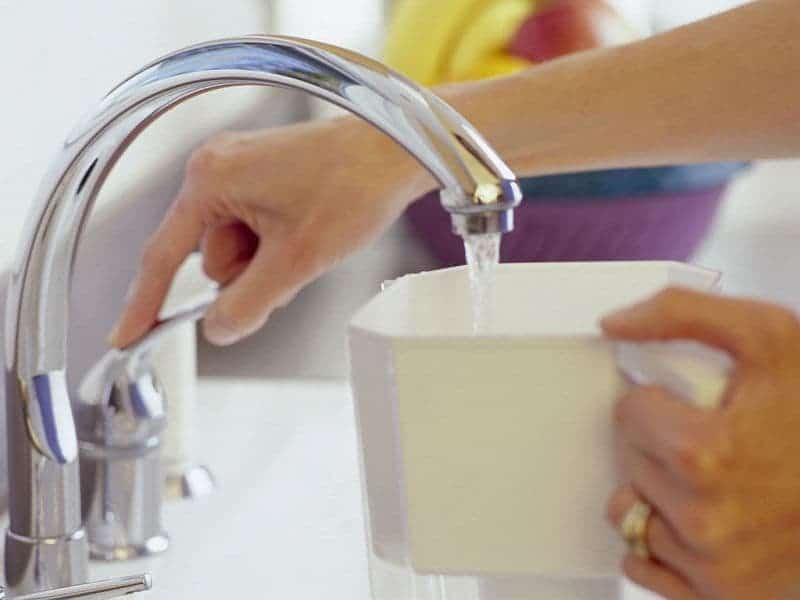THURSDAY, Aug. 8, 2019 (HealthDay News) — Among U.S. adolescents, fluoride exposure is associated with changes in kidney and liver-related parameters, according to a study published online Aug. 8 in the Environment International.
Ashley J. Malin, Ph.D., from the Icahn School of Medicine at Mount Sinai in New York City, and colleagues used data from the National Health and Nutrition Examination Survey for 2013 to 2016 to examine the correlation between fluoride exposure and kidney and liver parameters among U.S. youth. Data were analyzed from 1,983 and 1,742 adolescents with plasma and water fluoride measures, without kidney disease.
The median water and plasma fluoride concentrations were 0.48 mg/L and 0.33 µmol/L, respectively, among adolescents. The researchers observed a correlation between a 1 µmol/L increase in plasma fluoride and a 10.36 mL/min/1.73 m² lower estimated glomerular filtration rate, a 0.29 mg/dL higher serum uric acid concentration, and a 1.29 mg/dL lower blood urea nitrogen concentration. There was an association noted between each 1 mg/L increase in water fluoride and a 0.93 mg/dL lower blood urea nitrogen concentration.
“While the dental benefits of fluoride are widely established, recent concerns have been raised regarding the appropriateness of its widespread addition to drinking water or salt in North America,” Malin said in a statement. “This study’s findings suggest that there may be potential kidney and liver health concerns to consider when evaluating fluoride use and appropriate levels in public health interventions.”
Copyright © 2019 HealthDay. All rights reserved.



